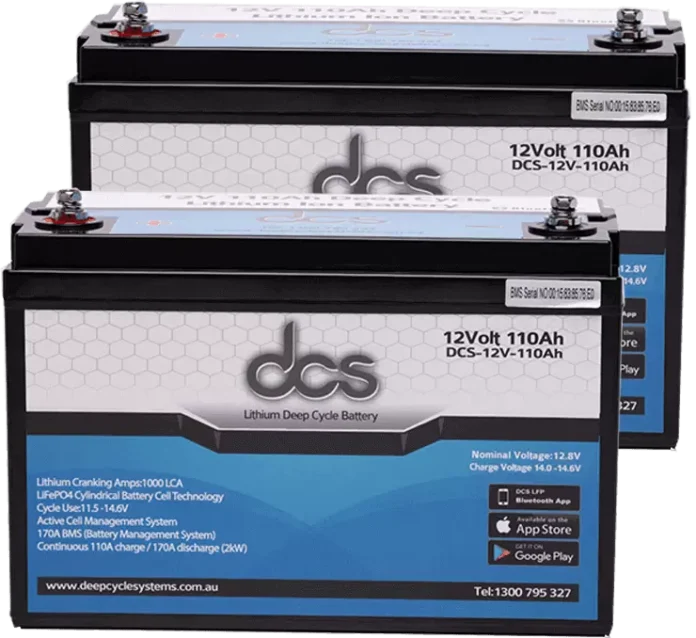Every boater has their own reasons for choosing one type of deep cycle battery marine battery over another. Some people stick with the tried and true lead-acid batteries because they’ve been using them for years. Others prefer lithium ion or lithium iron phosphate. Because they’re lighter, longer lasting, and safer than other options.
Deep Cycle Battery Pack has a lower energy density.
Lithium iron phosphate (LiFePO4) batteries are good for high-discharge applications. They are also known as super-sulfuric acid, or “iron sponge”.
They’re not good for deep cycle use because they have a lower energy density than lead acid batteries. lithium ion marine batteries tend to be more expensive than lead acid. And have shorter lifespans than lead acid. But, the lifetime of LiFePO4 is much longer than lithium ion. So you may be able to save money in the long run if you need something that has a long lifespan.
Lithium ion (Li-Ion)
Lithium ion (Li-Ion) batteries are the most common type of battery used in electric vehicles. They’re also used in portable electronics, such as laptops and cell phones. Lithium-ion batteries are lighter than lead-acid batteries. And may use in both deep cycle battery system and starting applications.
Lead acid
When it comes to lithium off grid batteries, you’ll hear the name “lead acid” thrown around. Lead acid is the most common type of battery used in marine applications. It’s relatively safe and doesn’t need to get charged at all—you can just put it in your boat and go! However, there are some drawbacks that you should know about before making a decision about whether or not your boat needs one.
Lead Acid Batteries: What You Need To Know
- Lead acid batteries have a higher self-discharge rate than other types of deep cycle battery pack
- This means that they lose charge over time even when not in use. Suppose you don’t want this happening on your boat. Then look into other options. Like lithium or sealed AGM batteries instead (more on those later). If your lead acid battery does self-discharge. Then consider getting something like an automatic charger. So that you can keep track of how much power remains. Without having to manually check every day or two.
- The biggest downside is that they weigh more than other options (approximately 2x as much). Which makes them less desirable for smaller boats where space can limit.
AVAILABLE IN THE SLIM AND STANDARD SIZES.
The Slimline High Performance deep cycle battery marine battery is available in 2 different sizes. The standard size and the slimline size.
The standard size has a height of 193mm (7.6″) and a width of 533mm (21″). The slimline size has a height of 164mm (6.5″) and a width of 533 mm (21”).
With a full 100% DOD (depth of discharge)
There are four major ways to discharge a battery. No matter what you’re doing, you can discharge the battery to 100% without damaging it. The first 50% of your deep cycle battery storage will keep even if you completely drain it. The next 25%, yet, will lose about half of its capacity (50%). After that is another big drop in performance—75% of your original capacity. Finally, after 90%, there’s little life left in the cell at all: only about 80%.
The three most common types of batteries
There are three common types of deep cycle battery acid. Lithium iron phosphate (LiFePO4), lithium ion (Li-Ion), and lead acid.
- Best rated deep cycle battery are the most expensive. But they last longer than other battery types. They also don’t need to store with a full charge like lead acid or lithium ion batteries do. Which makes them ideal for use on boats where space may be at a premium.
- Cheap 12v deep cycle battery are similar to their lead acid counterparts in terms of function but have less capacity and higher prices per unit of energy generated than their counterpart LiFePO4 batteries
Conclusion
You should now have a good idea of how each type works and which one may be best suited for your needs. If you want more information on selecting a battery or installing one in your boat, please contact us for 12v dry cell deep cycle battery!

